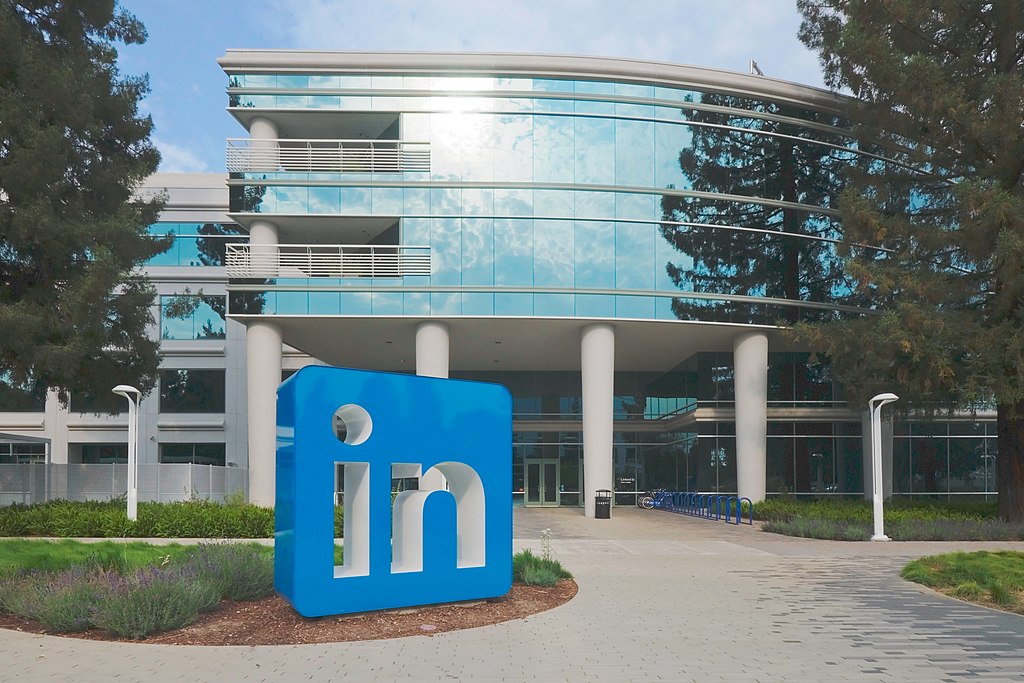Microsoft’s LinkedIn is facing a proposed class-action lawsuit, accused of sharing private messages from Premium users without permission to train generative AI models. The complaint, filed in federal court in San Jose, California, alleges LinkedIn breached its privacy commitments by disclosing personal data to third parties.
The lawsuit claims LinkedIn quietly introduced a privacy setting in August, allowing users to control data sharing, and updated its privacy policy on September 18 to state user data could train AI models. LinkedIn’s FAQ clarified that opting out would not impact training already completed. Plaintiffs argue this policy adjustment was an attempt to “cover its tracks,” suggesting LinkedIn knowingly violated user privacy to avoid scrutiny.
The case represents Premium users who sent or received InMail messages and whose data was shared before the policy change. The plaintiffs are seeking damages for breach of contract, violations of California’s unfair competition law, and $1,000 per person under the federal Stored Communications Act.
LinkedIn denies the allegations, calling them "false claims with no merit." Legal representatives for the plaintiffs have not provided additional comments.
The lawsuit comes as Microsoft-backed OpenAI, Oracle, and SoftBank announce a joint venture to invest $500 billion in U.S. AI infrastructure. This development highlights the growing intersection of AI and user data concerns.
The case, De La Torre v. LinkedIn Corp, underscores rising legal scrutiny of how social platforms use personal data for AI advancements, raising questions about transparency and user consent.



 SpaceX Seeks FCC Approval for Massive Solar-Powered Satellite Network to Support AI Data Centers
SpaceX Seeks FCC Approval for Massive Solar-Powered Satellite Network to Support AI Data Centers  Jensen Huang Urges Taiwan Suppliers to Boost AI Chip Production Amid Surging Demand
Jensen Huang Urges Taiwan Suppliers to Boost AI Chip Production Amid Surging Demand  CK Hutchison Launches Arbitration After Panama Court Revokes Canal Port Licences
CK Hutchison Launches Arbitration After Panama Court Revokes Canal Port Licences  Elon Musk’s Empire: SpaceX, Tesla, and xAI Merger Talks Spark Investor Debate
Elon Musk’s Empire: SpaceX, Tesla, and xAI Merger Talks Spark Investor Debate  Elon Musk’s SpaceX Acquires xAI in Historic Deal Uniting Space and Artificial Intelligence
Elon Musk’s SpaceX Acquires xAI in Historic Deal Uniting Space and Artificial Intelligence  Hims & Hers Halts Compounded Semaglutide Pill After FDA Warning
Hims & Hers Halts Compounded Semaglutide Pill After FDA Warning  OpenAI Expands Enterprise AI Strategy With Major Hiring Push Ahead of New Business Offering
OpenAI Expands Enterprise AI Strategy With Major Hiring Push Ahead of New Business Offering  Uber Ordered to Pay $8.5 Million in Bellwether Sexual Assault Lawsuit
Uber Ordered to Pay $8.5 Million in Bellwether Sexual Assault Lawsuit  Instagram Outage Disrupts Thousands of U.S. Users
Instagram Outage Disrupts Thousands of U.S. Users  SpaceX Prioritizes Moon Mission Before Mars as Starship Development Accelerates
SpaceX Prioritizes Moon Mission Before Mars as Starship Development Accelerates  Nvidia, ByteDance, and the U.S.-China AI Chip Standoff Over H200 Exports
Nvidia, ByteDance, and the U.S.-China AI Chip Standoff Over H200 Exports  Prudential Financial Reports Higher Q4 Profit on Strong Underwriting and Investment Gains
Prudential Financial Reports Higher Q4 Profit on Strong Underwriting and Investment Gains  TSMC Eyes 3nm Chip Production in Japan with $17 Billion Kumamoto Investment
TSMC Eyes 3nm Chip Production in Japan with $17 Billion Kumamoto Investment  Nvidia Nears $20 Billion OpenAI Investment as AI Funding Race Intensifies
Nvidia Nears $20 Billion OpenAI Investment as AI Funding Race Intensifies  Washington Post Publisher Will Lewis Steps Down After Layoffs
Washington Post Publisher Will Lewis Steps Down After Layoffs  Nintendo Shares Slide After Earnings Miss Raises Switch 2 Margin Concerns
Nintendo Shares Slide After Earnings Miss Raises Switch 2 Margin Concerns  Palantir Stock Jumps After Strong Q4 Earnings Beat and Upbeat 2026 Revenue Forecast
Palantir Stock Jumps After Strong Q4 Earnings Beat and Upbeat 2026 Revenue Forecast 































